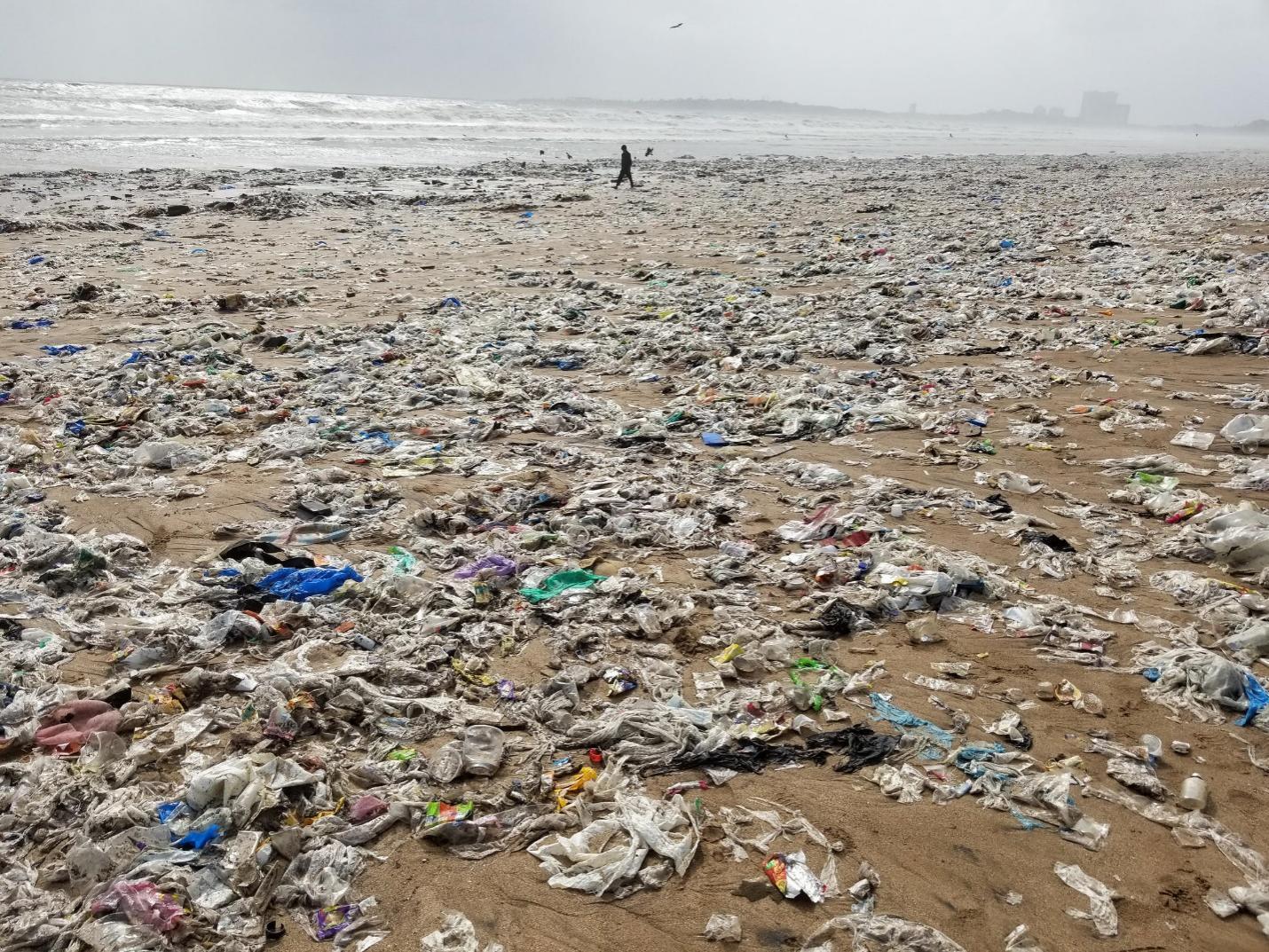Environmental issues are a common occurrence worldwide, with new patterns emerging every day. It is important to note that humans are the main actors in environmental issues. They are also responsible for creating solutions that can benefit future generations. Waste disposal is one of the most important environmental issues that need some consideration. Humans are known to carry out various activities that threaten the environment. Poor waste disposal by humans has overcome existing laws, policies, and environmental activism.
Production
Waste disposal is usually linked to plastic, which has been under scrutiny for a long time. Some argue that the production of plastic in some industries is directed to a lack of other means, which is highly debatable in today’s technological age. Synthetic polymers trackback to the early years, with the first plastic appearing in the 20th century (Rezaee et al. 361). The growth of plastic dates back to the period after the Second World War, which was remarkable due to the rampant use of materials. The majority of the materials involved in making plastic include propylene and ethylene. Such materials are made from fossil hydrocarbons and, as a result, are non-biodegradable (“Harmful Effects of Non-Biodegradable Plastic Products”). One of the notable features of waste disposal worldwide is the accumulation of plastic, especially in places that lack waste management. Additionally, the only proper way of eliminating such materials is through pyrolysis, which is a disadvantage to the environment.
Effects of Plastic Debris as Part of Waste Disposal
Waste disposal in the form of plastic debris is a concern, especially for the marine environment. Some of the threatened areas include human and marine health and huge tourism and food safety industries. Most of the waste disposed of in the ocean by individuals or industries near large-water bodies causes suffocation and ingestion of marine species (“How Does Plastic Pollution Harm Water”). The challenge, however, comes in when human beings are responsible for such issues that are easily avoidable.
Poor waste disposal methods pose a risk to food safety because they can easily cause public health concerns. Discovering microplastics in drinking water proves that human consumption is adversely affected. Water pollution poses a carcinogenic risk that further interferes with the developmental, neurological, and immune parts of a human being. Environmental activism is one of the areas that channel human concerns on matters concerning waste disposal. However, most people have refused to practice good waste disposal methods.
Countries that rely heavily on tourism know the importance of managing waste disposal. The only challenge is the lack of resources, which forms one of the main issues. The aesthetic value of a location is damaged by poor waste disposal methods resulting in decreased income, which later affects revenue channeled from this source (Leon, 169). Picture 1 is a photo of a shore affected by human-produced waste.

The Future of Waste Disposal
For most environmental experts, waste disposal requires reforms, especially in the current age. The challenge, however, is trying to fix the economic terms with supply chains that require reuse and recycling. The methods can be made possible by first managing how waste is consumed and conceived. Additionally, the reforms should consider the fact that not all waste is wasted material; rather, it is a valuable item that companies can reuse. Instead of individual companies burning the waste materials, these entities should create a uniform program that allows for reprocessing all under one place. This decision will separate actual waste material, and valuable resources will be returned to the manufacturers for recycling. Being an environmental issue, waste disposal is solvable only if the solutions provided are practical for current and future generations. The waste disposal channels of today ought to be the raw materials for the future, and that is the aim of the long-term sustainability goals.
Speech Outline
The environmental issue of waste disposal has a significant impact on our health, and as young people, we should be responsible for our environment. It is important to practice good waste disposal methods for our benefit and that of future generations. Therefore, it is important to discontinue activities that threaten the environment by practicing good waste management. Plastic is the main source of waste to the environment due to its increased production in industries. It is made of hydrocarbons which make it biodegradable; however, it easily accumulates in places where there are no waste management practices. Plastic can only be eliminated through a process known as pyrolysis, which is also harmful to the environment.
Plastic debris in our environment has various adverse effects on our health and a country’s economy. Plastic debris threatens the marine environment and the economies of huge industries such as tourism. Marine species ingest waste disposed of in oceans leading to suffocation. Microplastics in drinking water pose health concerns to humans as well. Therefore, humans need to adhere to good waste management practices to protect themselves and the environment from the adverse effects of pollution.
In the end, I want to say that waste experts need to create some reforms for waste management. It can be done by reviewing how waste is used and consumed. The reforms should ensure that not all waste is poorly utilized by using value-addition strategies such as burning to produce fuel and recycling to add more value to waste materials. Therefore, we all need to work together to manage our waste and prevent pollution.
Works Cited
Frayer, Lauren. “An Indian State Bans Plastic Bags, Straws and More. Will It Work?” KNAU Arizona Public Radio, 2021.
“Harmful Effects of Non-Biodegradable Plastic Products.” Egomaniac, 2019.
“How Does Plastic Pollution Harm Water?” Thewatershed.org, 2019.
León, María José. “Aesthetic Insight: The Aesthetic Value of Damaged Environments.” Estetika: The European Journal of Aesthetics, vol. 50, no. 2, p. 169, 2013.
Rezaee, Mohammad, et al. “Conceptual Modifications of Coal Preparation Plants to Minimize Potential Environmental Issues Associated with Coal Waste Disposal.” Fuel, vol. 250, pp. 352–361, 2019.